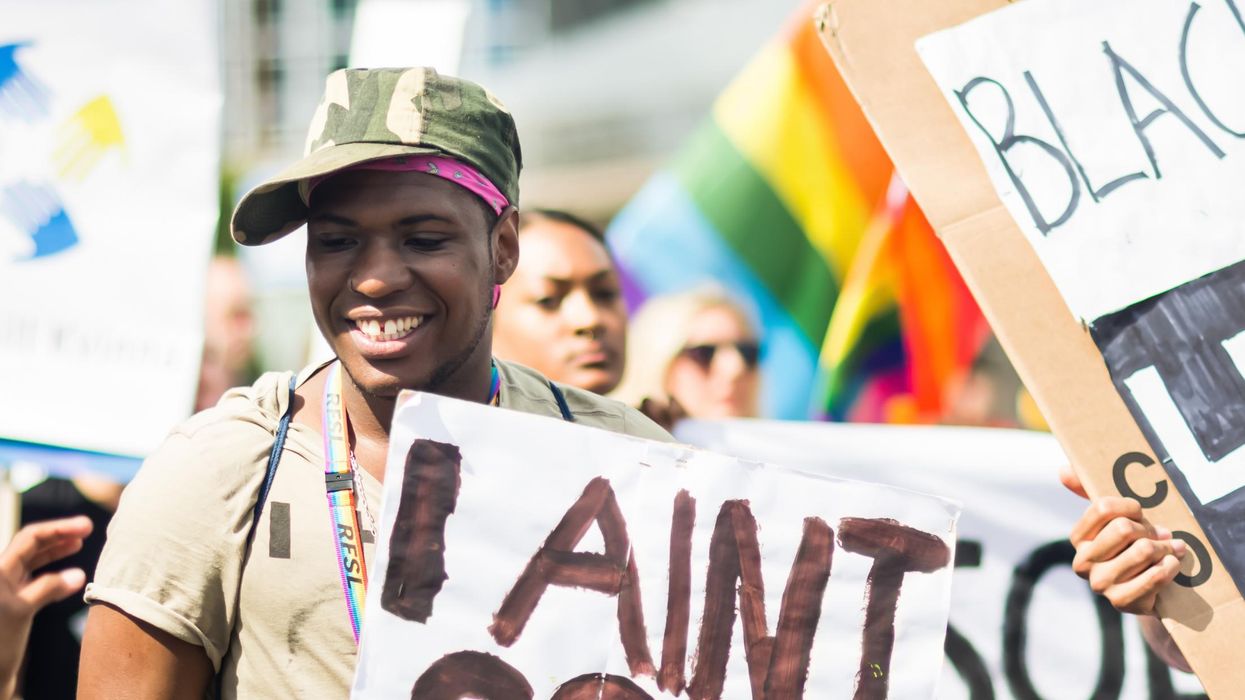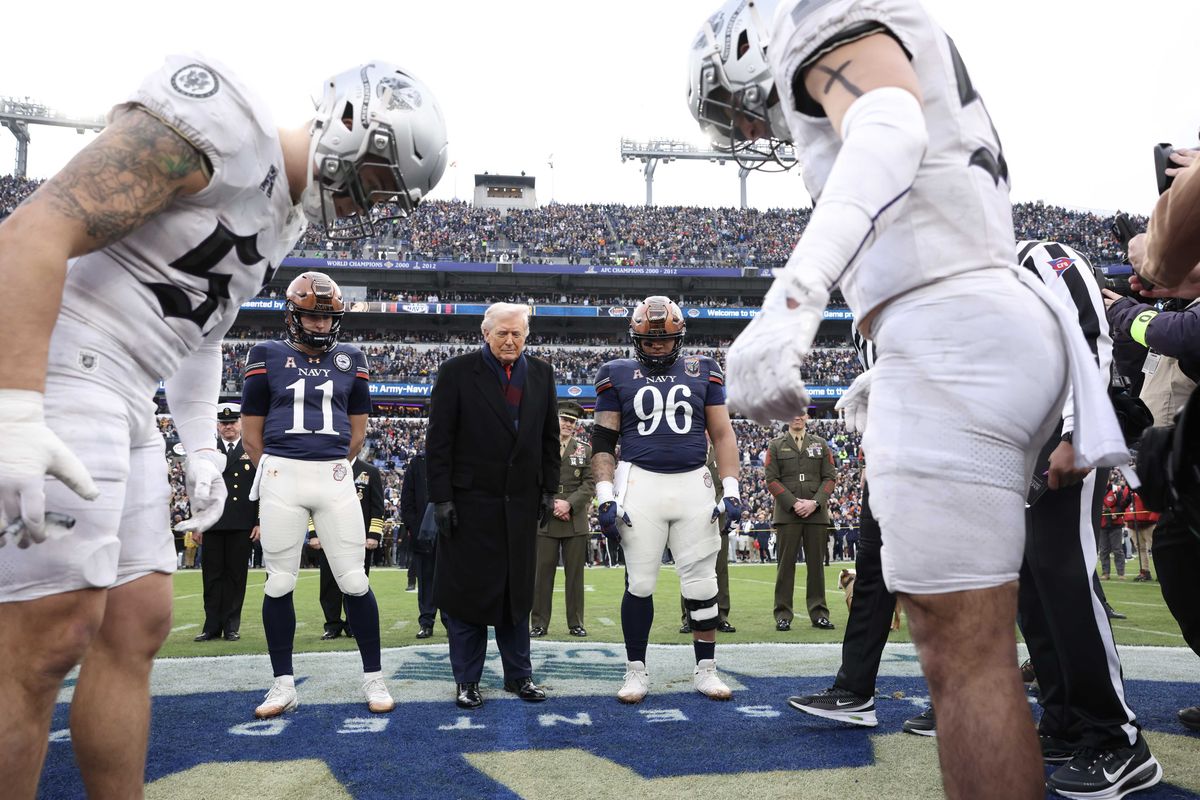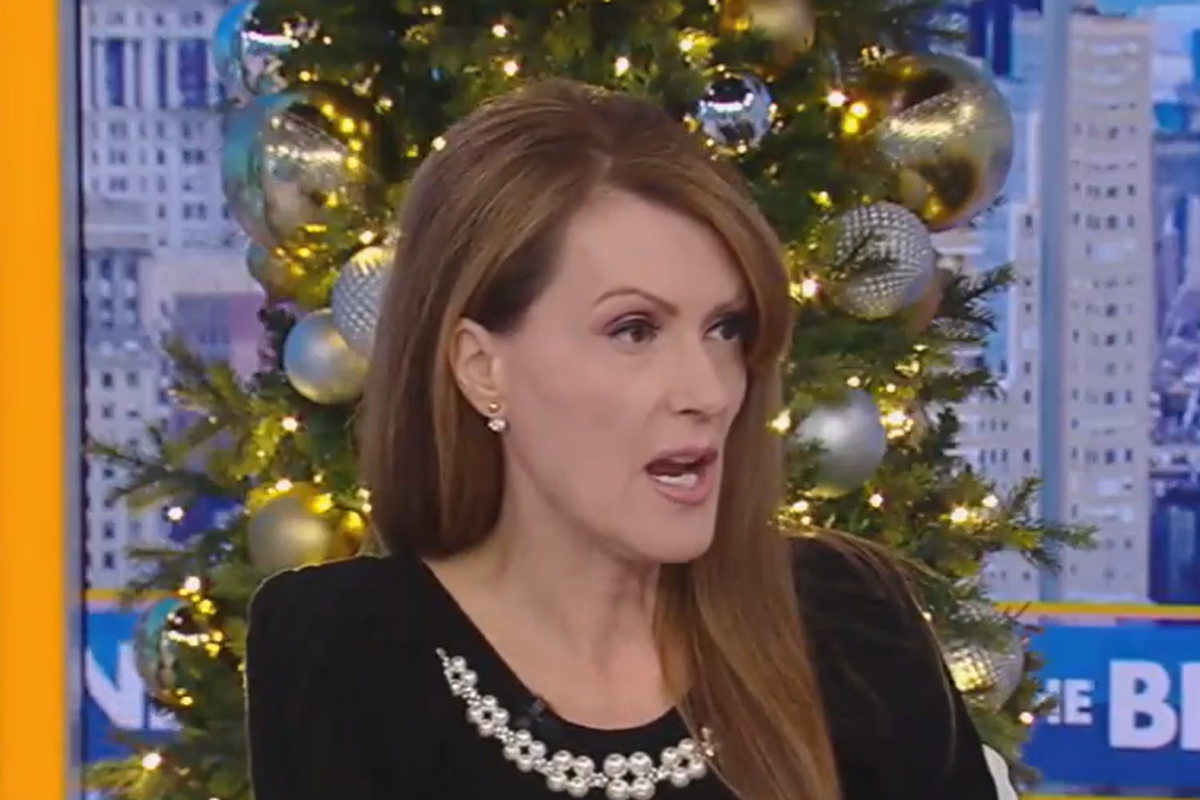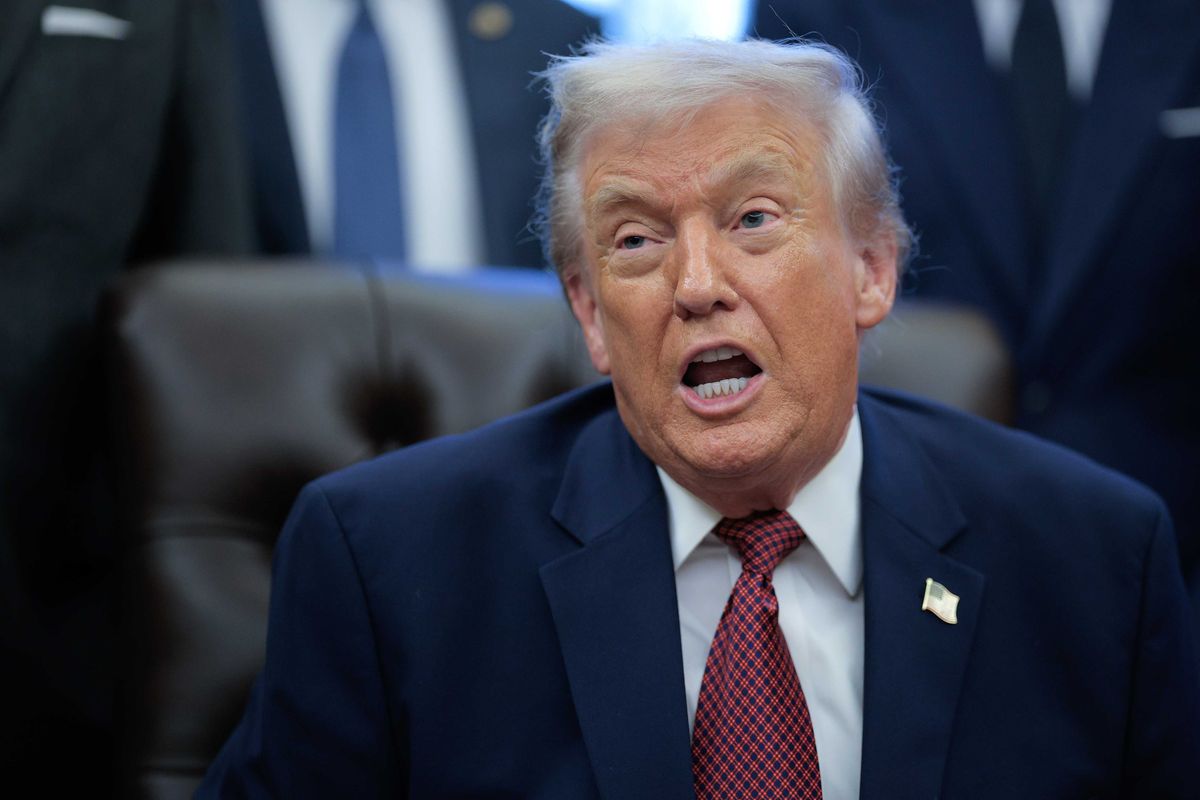News
Louis Staples
Jun 28, 2018

IMAGE:
ISTOCK
On the anniversary of the Stonewall Riots in New York, which are viewed as the beginning of the LGBT+ rights movement, new research by LGBT+ charity Stonewall has revealed that racism is rife within the LGBT+ community.
The report also reveals that many LGBT+ people are still not able to be open with friends and family.
51 per cent of black, Asian and minority ethnic LGBT+ people said they’ve faced discrimination or poor treatment from the wider LGBT+ community. This number increases for black LGBT+ people, with three in five experiencing discrimination.
Examples of abuse faced by LGBT+ people of colour within the community include feeling excluded from LGBT+ spaces and racist language, leaving already marginalised members of the LGBT+ community feeling more isolated.
LGBT+ people from minority backgrounds frequently voice feelings of “double marginalisation”, where they are unable to be themselves around family, but also face racial discrimination from their LGBT+ peers.
Stonewall’s research confirmed this, as acceptance from family and friends was found to still be a problem for many LGBT+ people. Only half of LGBT+ people feel able to be open about their sexual orientation and/or gender identity to their whole family. The research also found that trans people, LGBT+ disabled people and those of faith were at significant risk of exclusion from other LGBT+ people.
Sylvia, a 20 year-old bisexual woman, said:
As a feminine bisexual woman, I have often been ‘read’ as straight and therefore frowned upon in LGBTQ spaces. For example, I was once refused entry to a famous London LGBTQ bar while in a group of friends who were mostly queer men of colour, and have received sarcastic comments from staff members at a local LGBTQ club.
I believe very strongly that many LGBTQ spaces are not welcoming to people of colour, older trans people and visible disabled people.
Reacting to the research, Ruth Hunt, Chief Executive, Stonewall UK, said:
This research gives a worrying insight into just how serious a problem prejudice is within our community, and we need to talk about it.
Both online and in their daily lives, LGBT people of colour are excluded and face stereotyping from their white peers. This leaves BAME LGBT people feeling unwelcome within the wider community.
This is unacceptable and it causes damage and mistrust. If real change for BAME LGBT people is to occur, we as a community need to hold a mirror to ourselves and have open conversations about how to change. This means learning to recognise our own privileges and to be active allies to each other.
More: 8 things we want to see in Theresa May's 'LGBT+ Action Plan'
Top 100
The Conversation (0)













